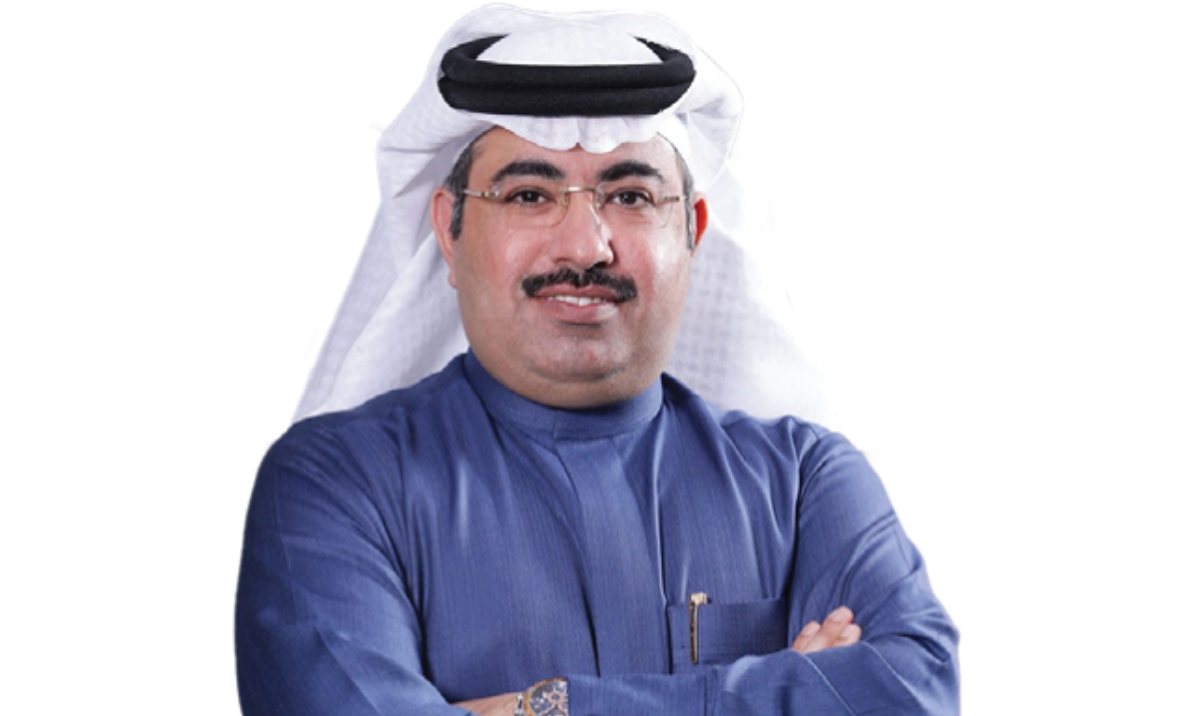PayerMax, a global payment solutions provider, has expanded into the Kingdom by establishing its regional headquarters in Riyadh. The company participated in the Regional Headquarters Program established by the Ministry of Investment and obtained an RHQ license this month.
PayerMax held an event to celebrate its acquisition of the RHQ license and the inauguration of its regional headquarters in Riyadh on June 11 at the MISA office. This milestone marks a major step in PayerMax’s strategic plan to strengthen its presence in the region and contribute to the Kingdom’s economic and technological development.
The RHQ program, a joint initiative by the MISA and Royal Commission for Riyadh City, is designed to enable and facilitate the ambitious growth plans of participating organizations in the region. PayerMax’s selection as one of the first companies in the National Technology Development Program launched by the Ministry of Communications and Information Technology further underscores the company’s technical expertise and commitment to innovation.
In attendance at the inauguration event was Alhassan Hamideldin, RHQ general supervisor, handling expansion of multinationals through the RHQ Program into the Kingdom.
In his speech, Hamideldin said that MISA is particularly honored to see PayerMax expanding their footprint in the Kingdom by establishing their regional headquarters here. “PayerMax is the very first Asian fintech company to do so. The Saudi government is fully committed to supporting the financial services sector, having undergone serious financial sector reforms, which have unlocked exponential growth potential in fintech, of which PayerMax is a prime example,” he said.
“We are deeply honored to have the esteemed MISA host our RHQ inauguration ceremony, which demonstrates the government’s commitment to fostering a conducive business environment for innovative companies like PayerMax,” said Wang Hu, co-founder at PayerMax.
PayerMax’s commitment to the Kingdom and the broader region is a testament to its dedication to supporting economic and technological development through innovative financial solutions. With its comprehensive global payment solution, PayerMax plans to accelerate digital payment adoption, providing convenient, safe, and faster ways to pay, catering to the evolving payment habits of users in the region.
“We are thrilled to establish our RHQ in Saudi Arabia, which signifies a strategic move to strengthen our presence in the region and demonstrates our long-term dedication to Saudi Arabia and the surrounding region,” said Hu. “Our expansion into the Kingdom, accompanied by an enhanced payment infrastructure, will continue to attract prominent global companies, particularly Asia-originated digital players in the gaming, e-commerce, social media sectors and more. This collective effort will further save our clients considerable cross-border transaction fees by providing them with one simple, safe, high-trust, and transparent payment interface.”
PayerMax’s vision aligns with Saudi Vision 2030, promoting financial inclusion, supporting economic diversification, and enhancing user experiences through digital payments.
The recent popularity of esports tournaments, such as Gamers8, highlights the increasing demand for innovative financial solutions in the Kingdom.


















